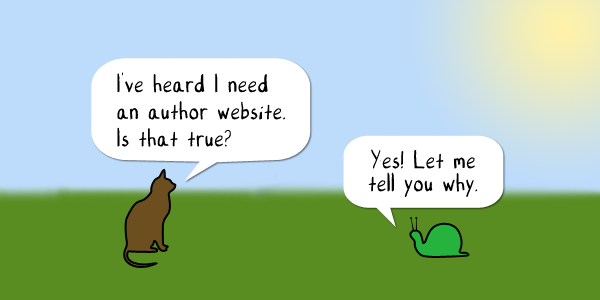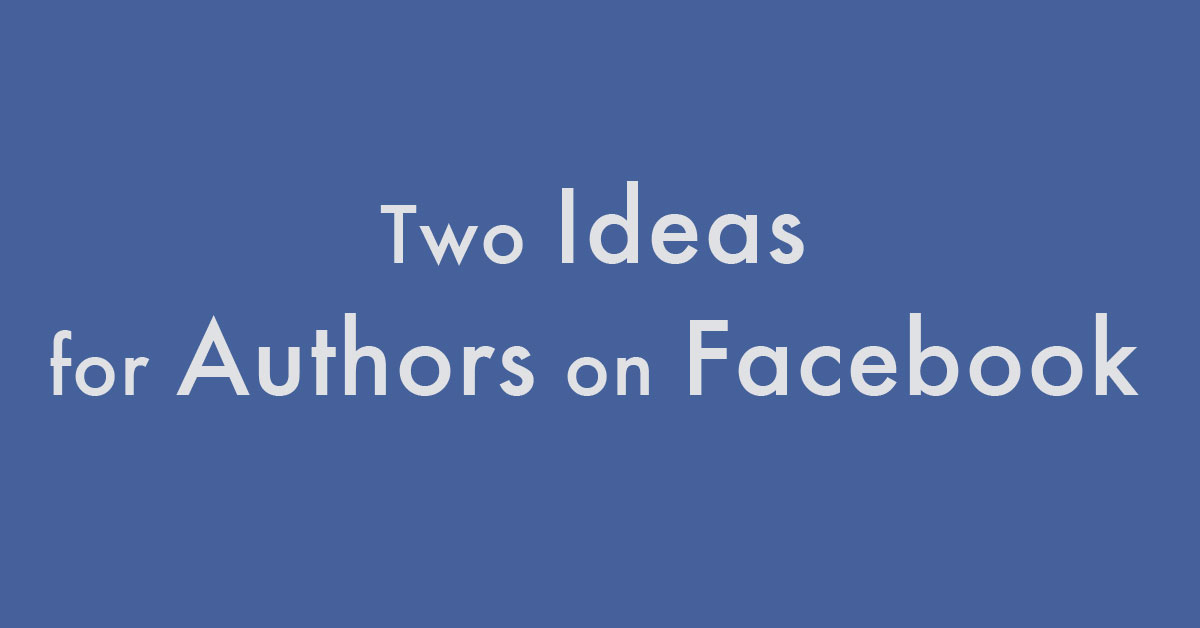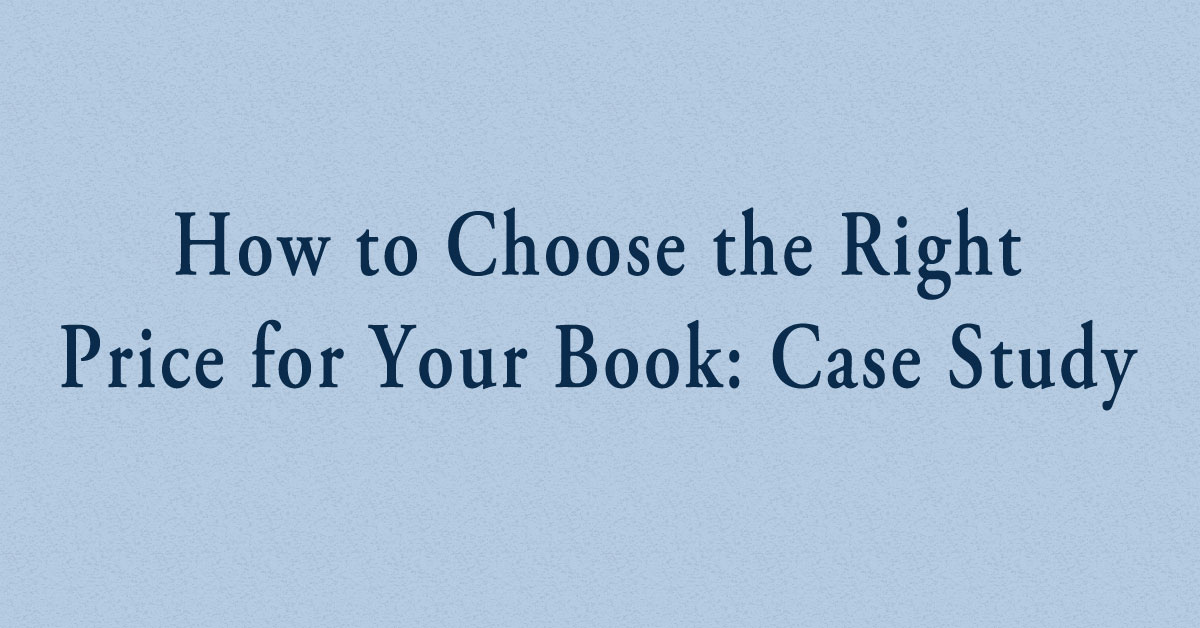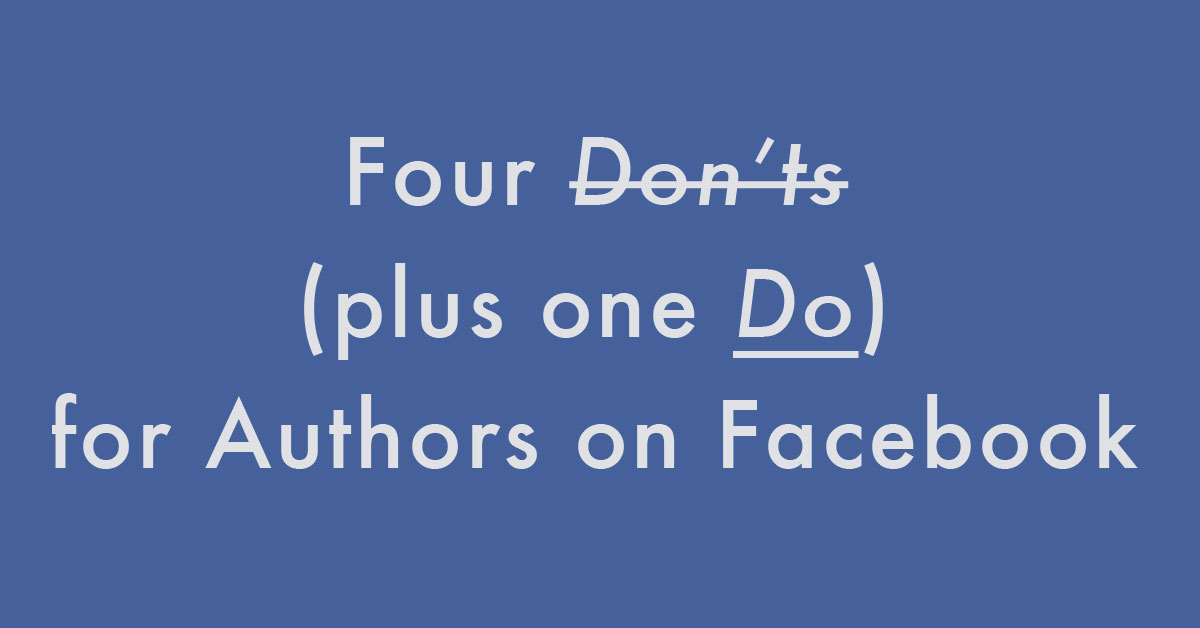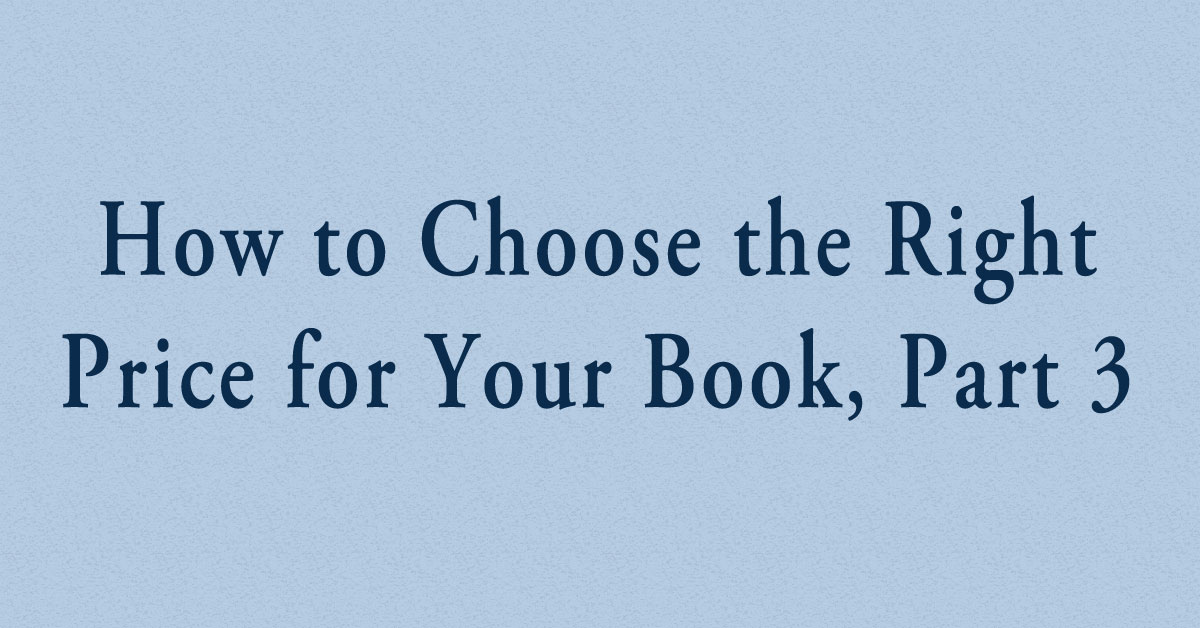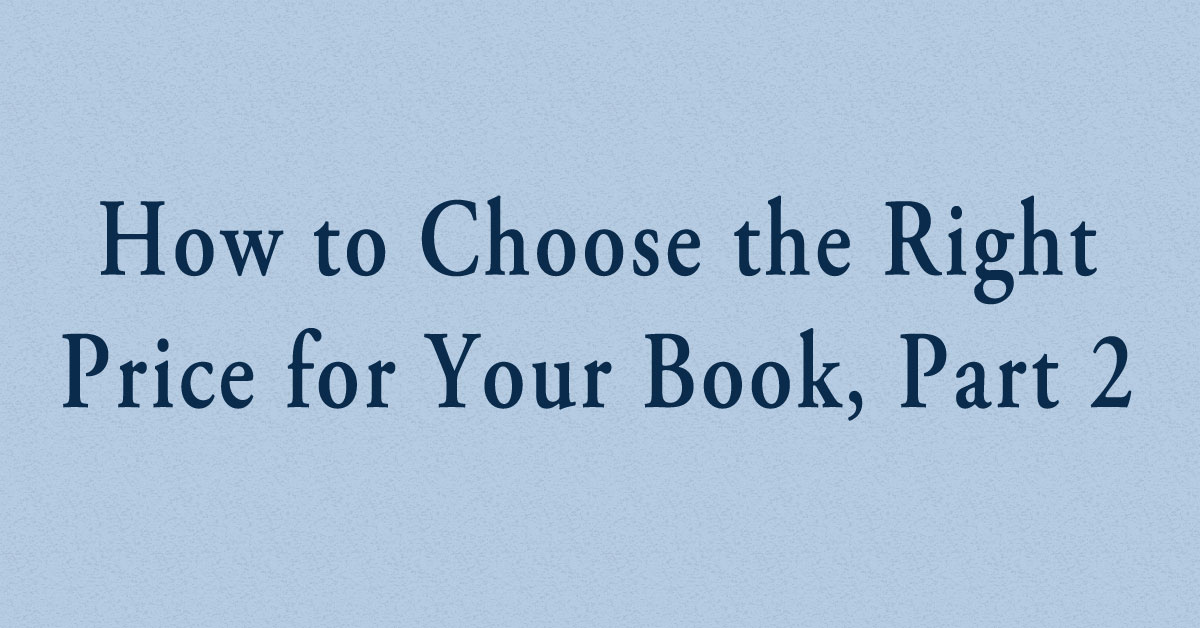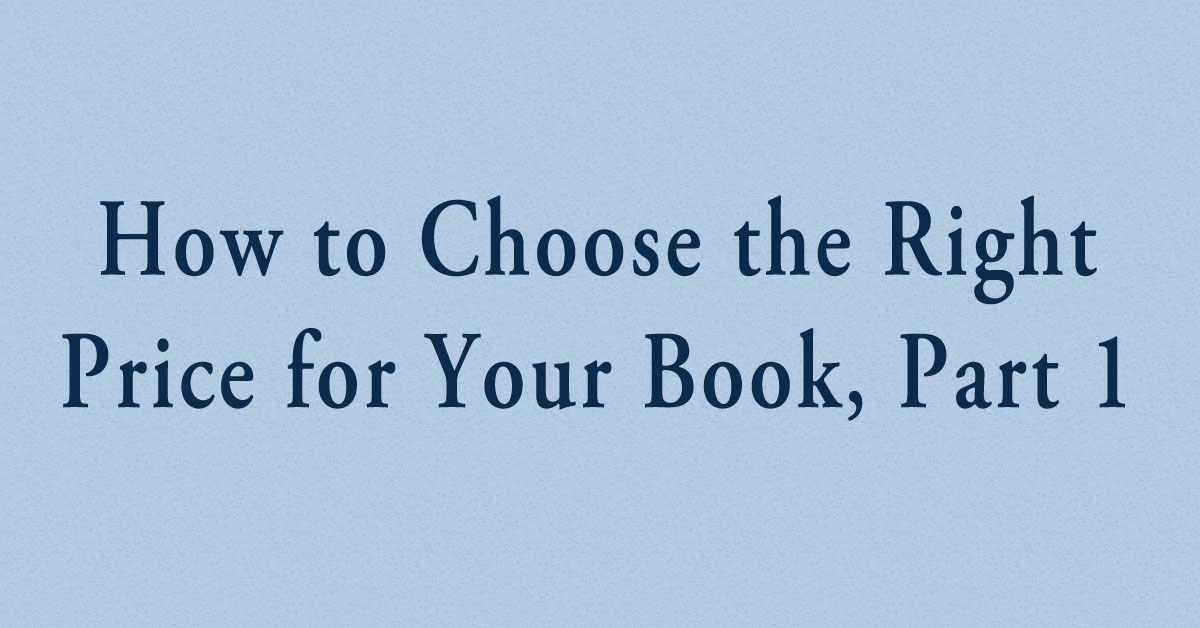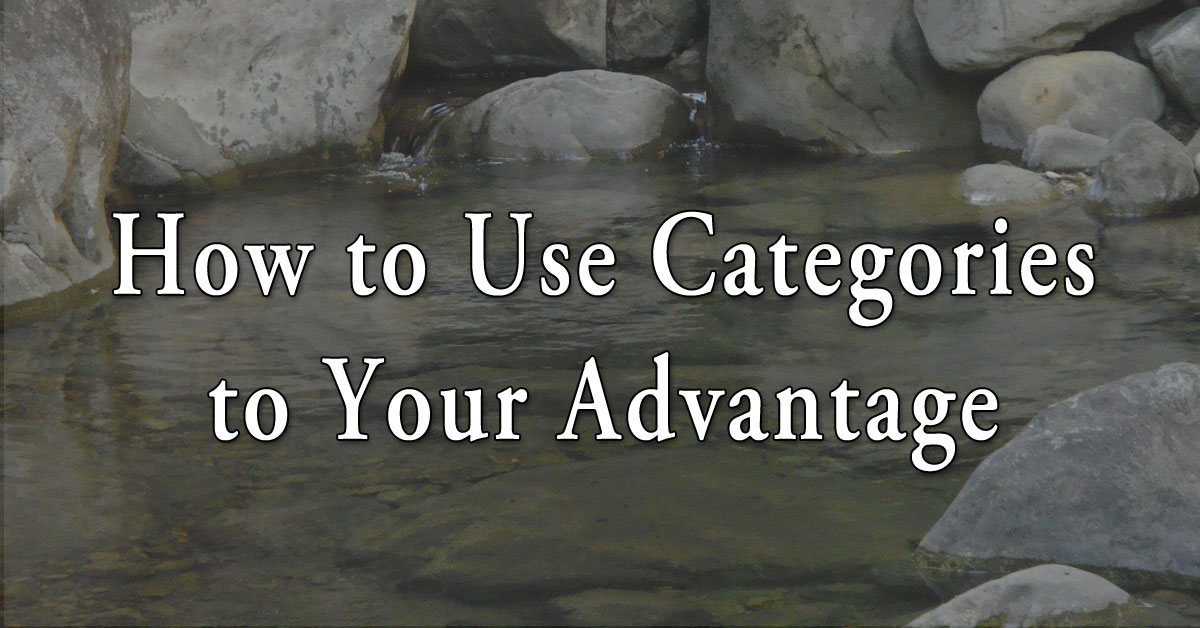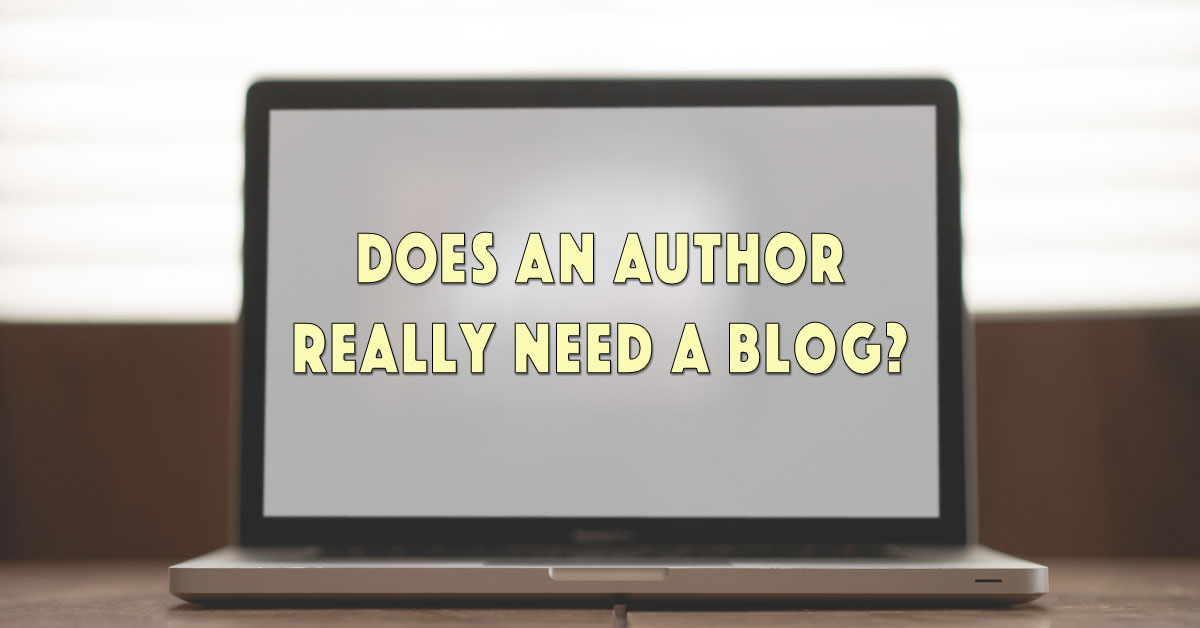
In the last post, I started a series asking what “things” an author really needs, such as a website, mailing list, Tumblr, Facebook, and so on. In this post, we’ll tackle the question of whether an author should have a blog.
You’ve probably read plenty of posts on this subject. It’s a pretty hot topic with authors. Some will say that authors always need a blog, and that it’s the most effective way to sell more books. Others will tell you that a blog isn’t at all necessary—and that it’s even detrimental to getting your books finished! With so many opinions, it can be a confusing question to ponder.
Little wonder, since the best answer I can give you is it depends. A blog can be a great thing, or it might not be so wonderful for you. Let’s look at some questions to help you decide if a blog is right for your author platform. Continue reading Does an Author Really Need a Blog?
